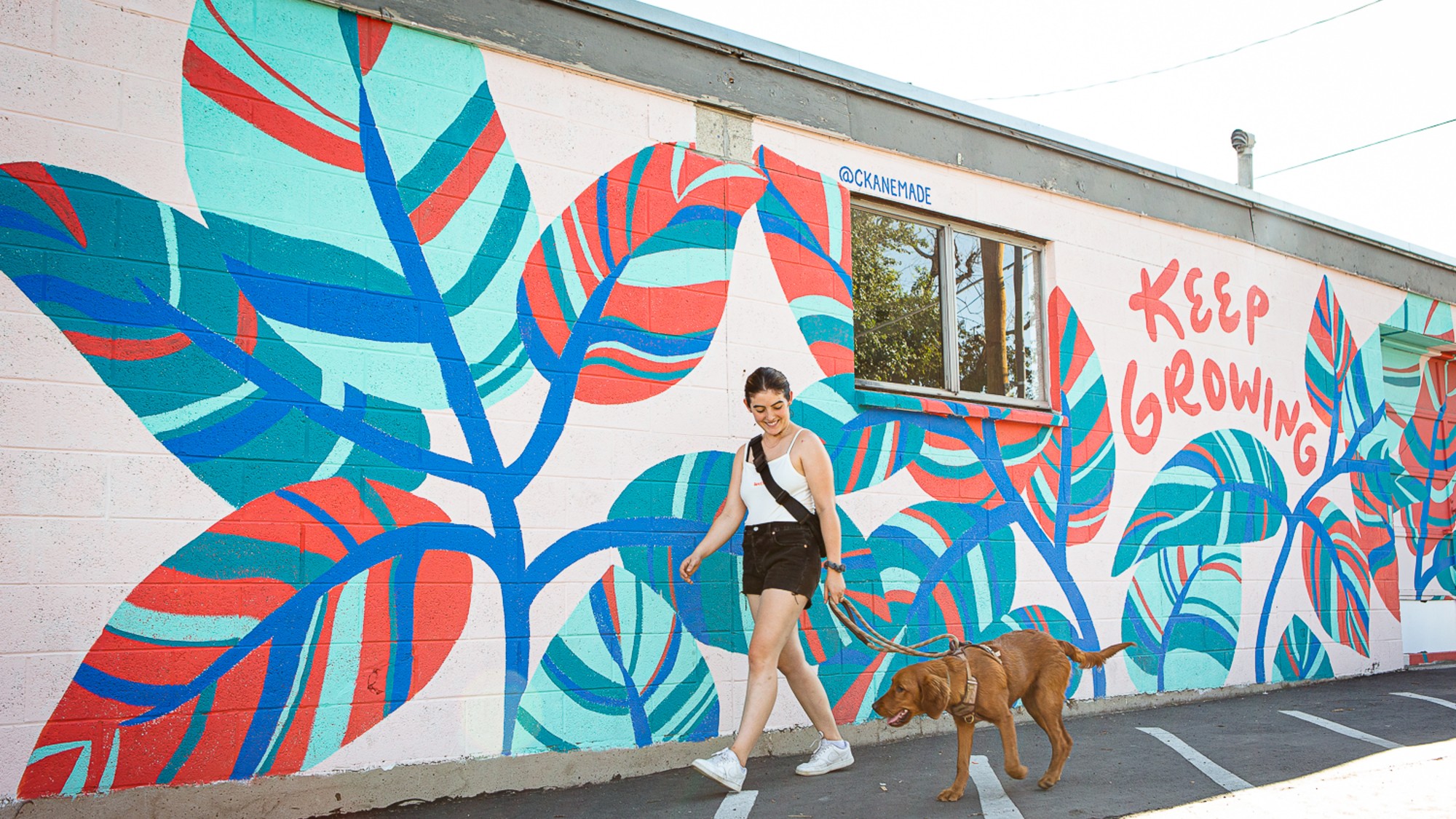Impact of Remote Work on Urban Development: A Deep Dive
As remote work continues to redefine the workplace landscape, cities across the globe are grappling with the implications of this shift. A study released by the Harvard Business School in September 2023 indicates that nearly 60% of employees prefer a hybrid work model, prompting city planners to reevaluate urban development strategies. This transformation is not merely a response to a pandemic; it signals a fundamental change in how and where people live and work.
Shifting Demographics and Urban Trends
Urban areas have long been characterized by their bustling office spaces and high-density living. However, as more employees opt for remote work, experts predict significant demographic shifts. For instance, a recent survey by the Pew Research Center found that 38% of workers are considering relocating away from major cities due to the flexibility of working from home.
“This is the dawn of a new era in urban planning,” says Dr. Emily Carter, an urban studies professor at the University of Chicago. “Cities will need to adapt not just to retain their current populations but also to attract newcomers looking for a better quality of life.”
- Lower demand for office space: Many companies are downsizing their physical footprints, leading to an increase in vacant commercial properties.
- Rise in suburban living: Suburbs are experiencing a renaissance as families seek larger homes and outdoor spaces.
- Increased focus on local amenities: Residents prioritize access to parks, grocery stores, and recreational facilities over proximity to their offices.
Economic Implications of Remote Work
The economic landscape is also shifting as urban centers adapt to these changes. Local businesses that once relied on foot traffic from office workers are facing challenges. According to the National Retail Federation, retail sales in urban areas dropped by 23% in the past year as remote work became the norm.
“Urban economies are at a crossroads,” explains Mark Thompson, an economic analyst with Urban Futures Institute. “Cities need to innovate their economic models to support local businesses while accommodating the new work-from-home culture.”
Some cities are responding by investing in incentives for businesses to attract remote workers. This includes tax breaks for startups and grants for small businesses that pivot to serve a more residential clientele.
Environmental Considerations and Urban Sustainability
Remote work also presents opportunities for improving urban sustainability. With fewer commuters, cities have reported reduced traffic congestion and lower greenhouse gas emissions. A report from the Environmental Protection Agency highlighted a 15% decrease in urban air pollution levels in cities that embraced remote work policies.
“This could be a pivotal moment for cities to rethink their environmental strategies,” states Dr. Linda Nguyen, a sustainability expert. “By prioritizing remote work, cities can contribute to a healthier planet while enhancing the quality of life for residents.”
The Future of Urban Development
As the world moves forward, urban planners are tasked with creating spaces that reflect the changing needs of residents. The COVID-19 pandemic has accelerated trends that were already in motion, but the long-term impacts remain to be seen. Cities are exploring a variety of options, including:
- Reimagining office spaces as community hubs.
- Investing in affordable housing to accommodate remote workers seeking suburban living.
- Enhancing public transportation options that connect suburban areas to urban centers for occasional commuters.
“The cities that will thrive are those that embrace flexibility and innovation,” says Dr. Carter. “We need to create environments that are not only livable but also adaptable to future challenges.”
Conclusion: Embracing Change in Urban Planning
The shift towards remote work is reshaping urban development in profound ways. City planners, businesses, and residents must work collaboratively to adapt to these changes. As we navigate this new landscape, it is crucial for urban areas to prioritize sustainability, economic vitality, and community well-being. The future holds promise for cities willing to embrace this transformation.
As remote work solidifies its place in our professional lives, it is imperative that stakeholders engage in dialogue about the future of our cities. What steps will your community take to adapt? Share your thoughts and join the conversation about the evolution of urban living.



